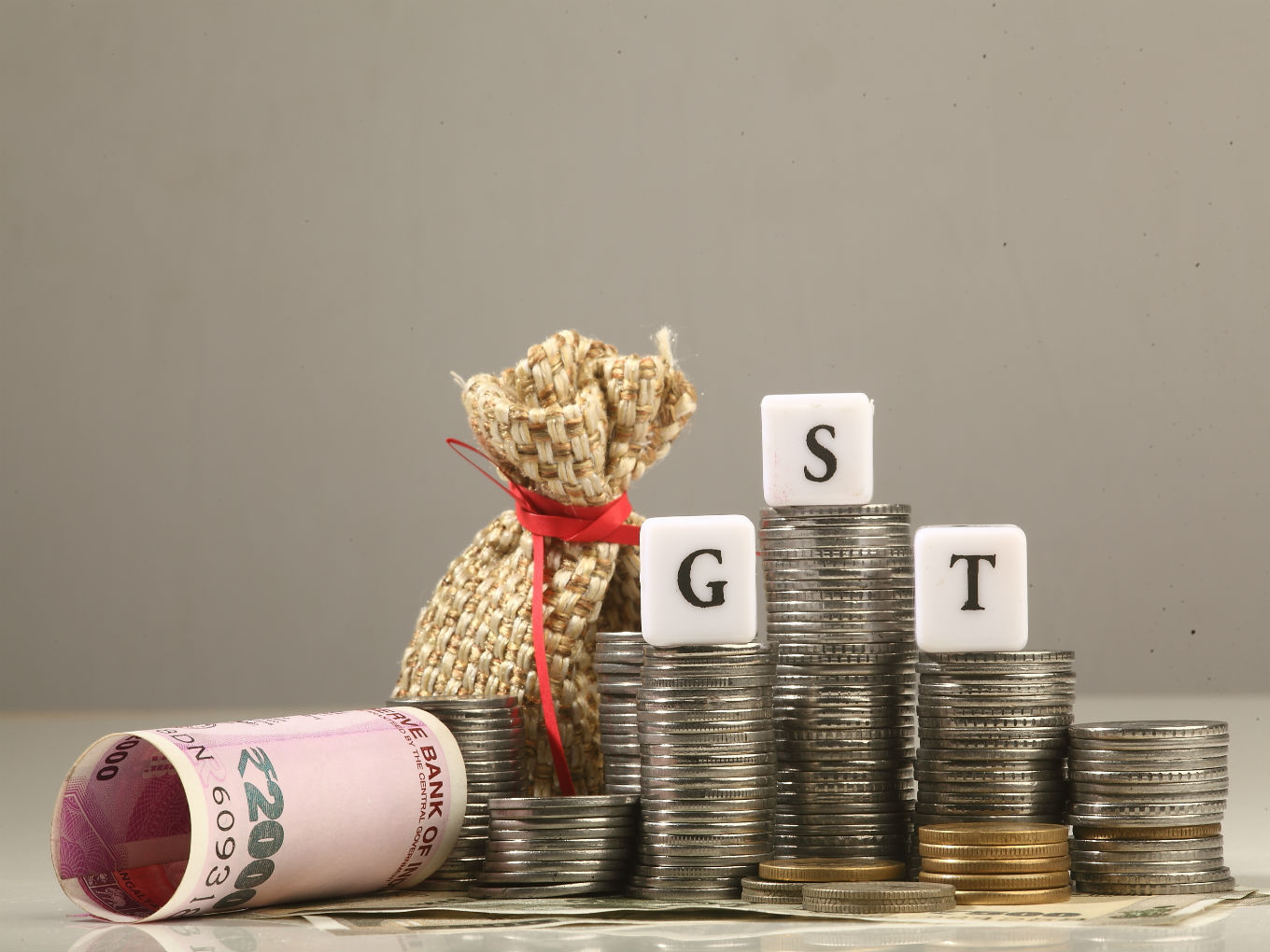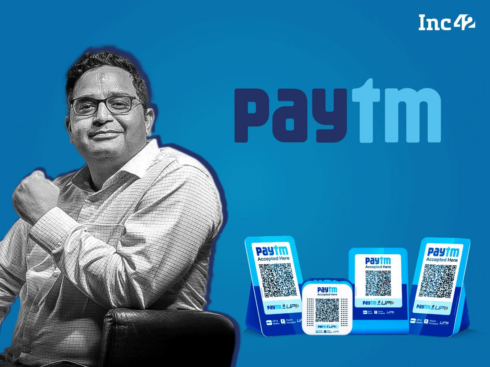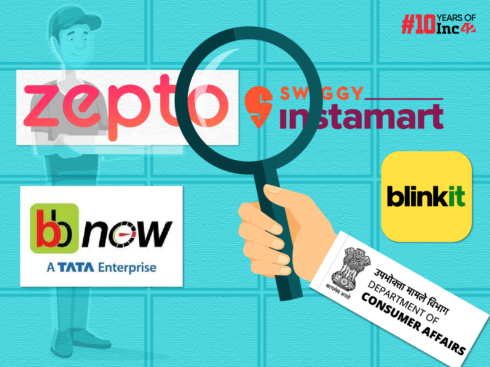
SUMMARY
Foodtech companies are unable to show tax collected at source
The problem arises from the small restaurants which come under the GST composition scheme
Under the scheme, small restaurants are not allowed to avail any input tax credits
Foodtech companies such as Zomato, Swiggy and UberEats are reportedly facing issues in complying with the goods and services tax.
The food aggregators are not being able to show tax collected at source (TCS) from restaurants using their platform, which is preventing the partner restaurants from claiming credits.
In response to the problems pointed out by the companies, the central government has transferred this issue for review to a law committee under the GST Council.
In response to Inc42’s query, Zomato declined to comment on the matter
According to an ET report, the problem has stemmed from the bar on goods and services composition dealers from registering themselves on the ecommerce platforms. Due to this, the companies are not able to file TCS collected from partner eateries which are under the composition scheme on the GSTN portal.
Under the GST composition scheme, small businesses are allowed to opt for a fixed rate of tax on their turnover without tedious paperwork. The tax is fixed at 5% in the case of restaurants. However, under this rule, the restaurants cannot avail any input tax credit (ITC). This prevents the recording of the TCS in the GSTN portal due to which the restaurants cannot claim their returns.
Gunjan Mishra, a partner at L&L Partners, Delhi, explained that presently, the GST laws require online food aggregator to deduct tax collected at source before making payment to restaurants. The companies have to file their return on the GSTN portal providing details of TCS. The restaurants are permitted to take credit of TCS based on the return furnished by the aggregator.
“The challenge faced by restaurants stem from the fact that composition dealers are not permitted to supply goods through ecommerce platform. While restaurants are permitted, by way of an exception, to register as composition dealers, food aggregators are unable to furnish return with details of TCS collected from vendors who have opted for composition levy. As a result, restaurants are unable to claim credit of the TCS collected and deposited by food aggregators,” said Mishra.
What Is GST Composition Scheme?
In order to help small businesses comply with the GST rules, the composition scheme allows small businesses to pay tax at a prescribed percentage of turnover every quarter. Restaurants are to pay the tax at a concessional rate of 5% on the turnover.
Restaurants who can apply for the composition scheme:
- Its turnover cannot exceed INR 1.5 Cr
- Will not be engaged in any services other than restaurant
- They will not be allowed to make inter state outward supply of goods
- Will not supply any items exempt under GST
- Will not be allowed to avail any input tax credit
- Will not be allowed to collect taxes from the customer
How Is GST Affecting Food Business In India?
The Goods and Services Tax Act was passed in the Parliament in March 2017 and it came into effect from July 2017.
Under this act, GST had been explained as an indirect tax which is levied on the supply of goods and services and has also replaced certain indirect tax laws that existed before GST implementation.
The issue had been highlighted earlier as well. Prior to GST implementation, the online food delivery platforms were charging a 20% commission to the restaurants with 18% GST. This allowed the partner restaurants to levy 3.5% ITC on the GST for input services from these delivery platforms.
However, since the ITC provision was removed under the composition scheme, restaurants had been either increasing the food prices or asking the companies to reduce the commission rates.
“Given the cash flow issue faced by restaurants, the GST Council should take immediate steps to either rectify the compliance challenge faced by the aggregators or better still do away with the TCS requirement altogether as it would reduce the compliance burden currently faced by these aggregators,” said Mishra.


























